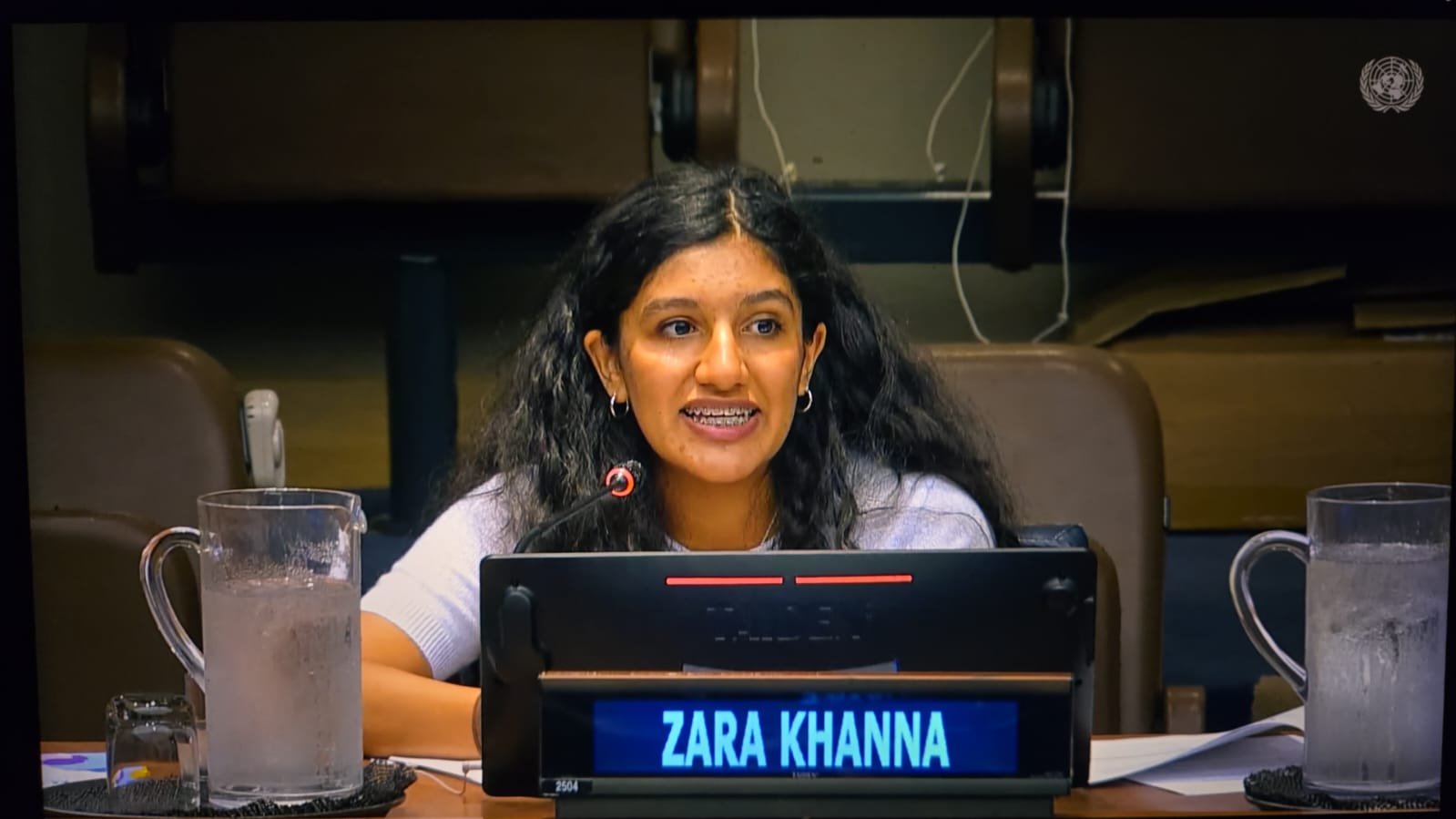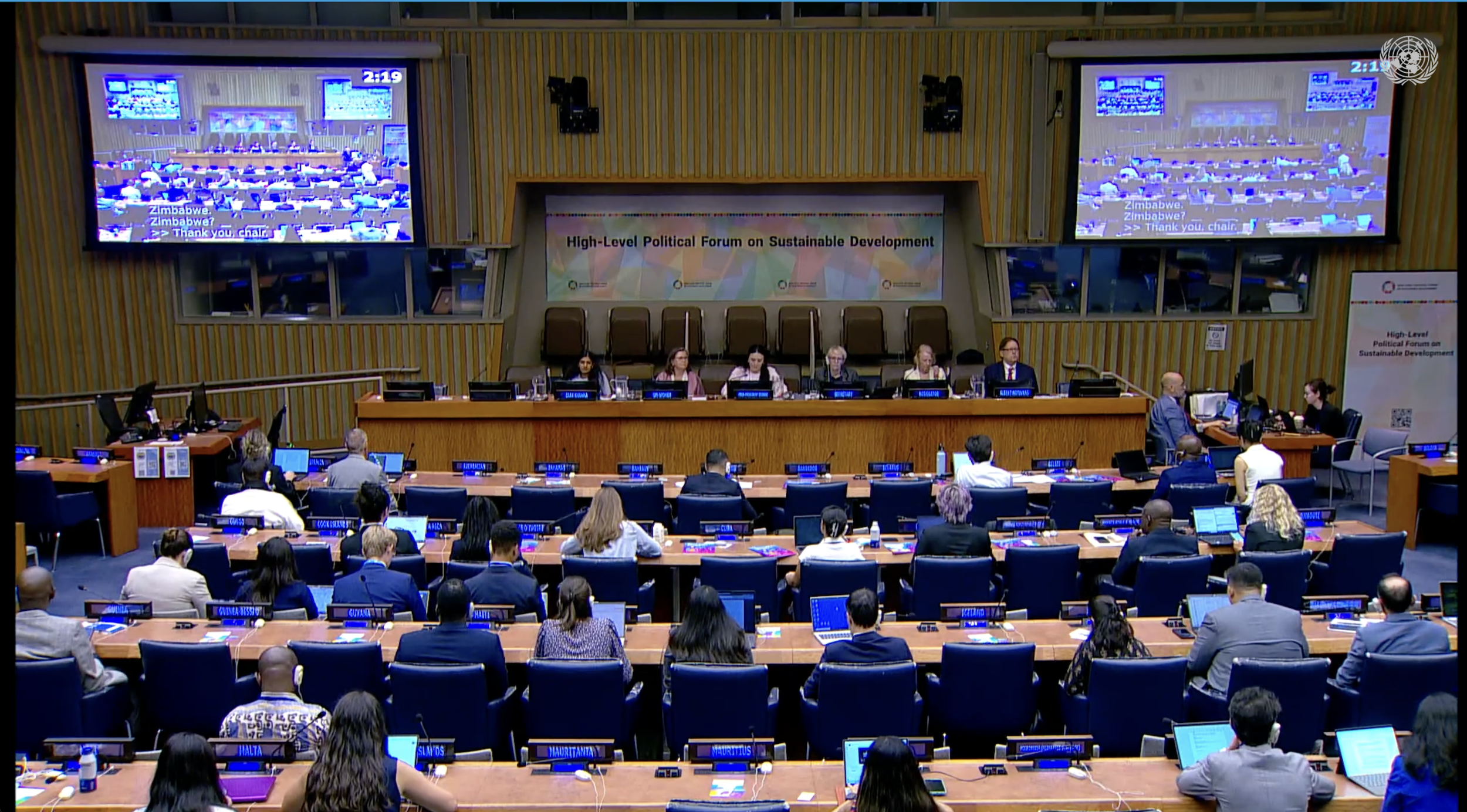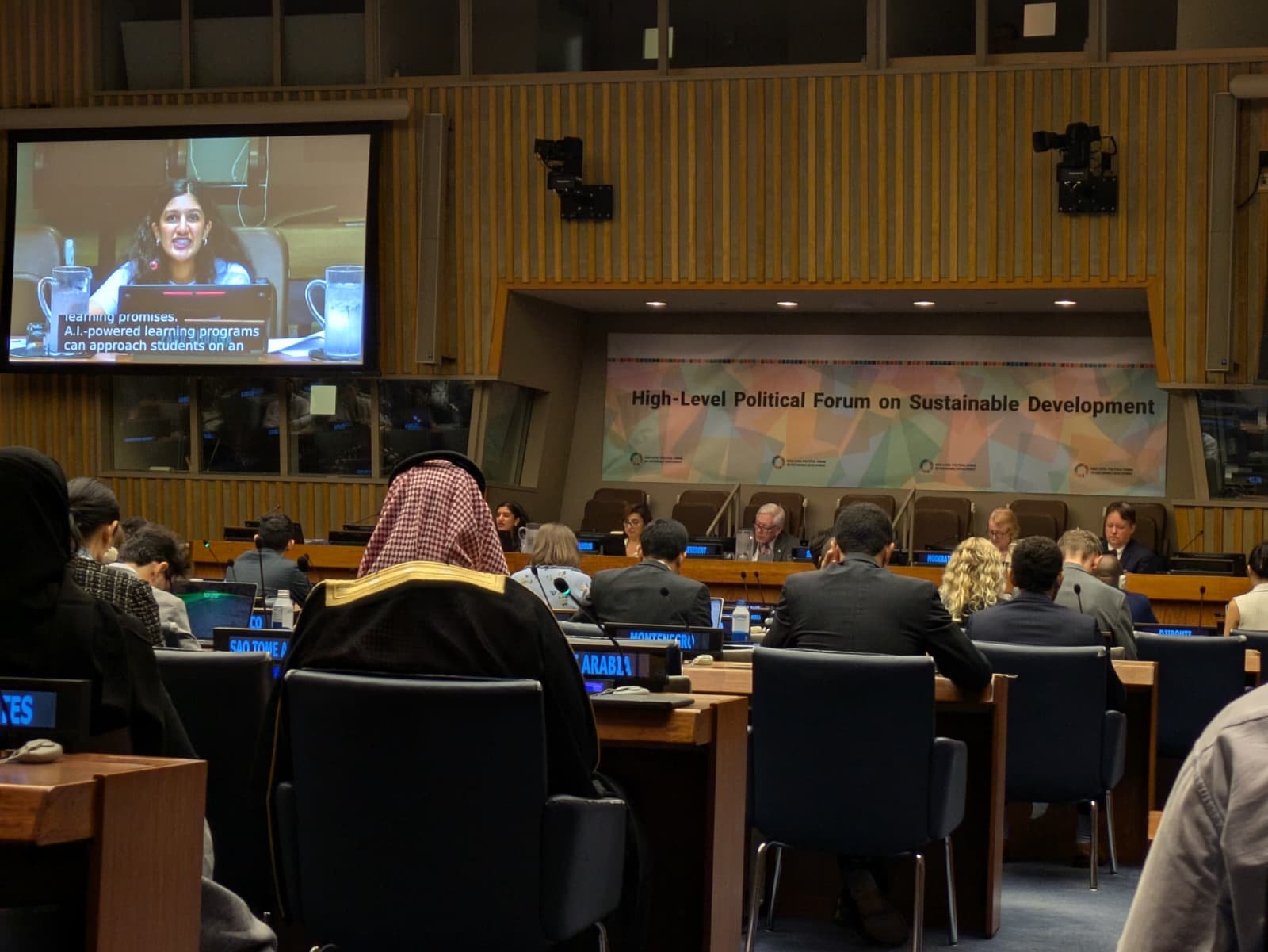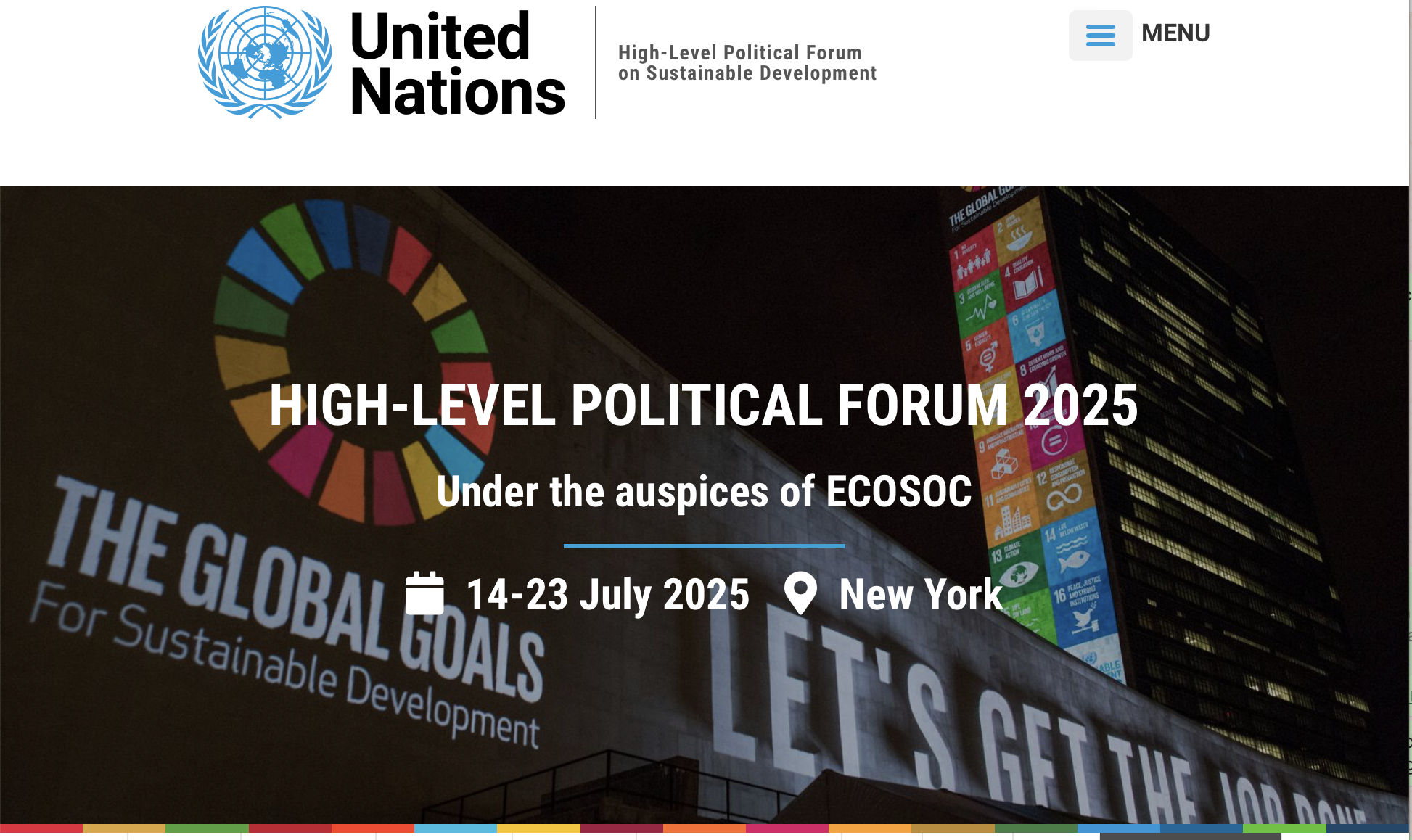I spoke about AI for Gender Equality at the United Nations High-level Political Forum on Sustainable Development (HLPF) at United Nations Headquarters in New York. My co-panelists included Ms. Sima Sami Bahous, Executive Director of UN Women, and was chaired by United Nations Economic and Social Council (UNECOSOC) President Bob Rae.





My remarks were featured on the UN website:
UN Press Release “Youth voices also featured prominently. Zara Khanna, Youth Ambassador for She Loves Tech, underscored the role of education and digital inclusion in empowering girls, “Firstly, accelerate connectivity. We must distribute more internet hotspots… Secondly, we must distribute more devices… And finally, governments must invest in creating these AI-powered programs that are culture- and language-specific.”
UN Web TV “Further, “there is unequal access to education for women all over the world”, said Zara Khanna, Youth Ambassador for She Loves Tech, citing artificial intelligence (AI)-powered learning programmes as a “key tool to aid us in bridging the divide”. They can approach students on an individual level, offering personalized feedback, which is especially important for those who face cultural and other barriers to gaining an education. She spotlighted Khan Academy — a free AI-powered personalized tutor that offers a range of subjects, from English to math, or Rori, which was piloted in Ghana and is available on all mobile devices, as it operates via WhatsApp. This is especially important, given that mobile penetration is extremely high; while 129 million girls lack access to education, 4.9 billion people worldwide have access to smartphones.
Outlining solutions, she underscored the need to accelerate connectivity by distributing more Internet hotspots. One single hotspot can power a village, and hundreds of girls can gain access to the wealth of knowledge available online. Additionally, more devices, such as smartphones and tablets, shall be distributed, so girls can access this knowledge. She underscored that Governments must invest in creating culture and language-specific AI-powered programmes to cater to the job markets that these girls will be entering. Through early science, technology, engineering and mathematics (STEM) intervention, mentorship programmes and more gender-neutral language, “we can all move together to reach SDG 5 by 2030” and “a more gender-neutral future”.